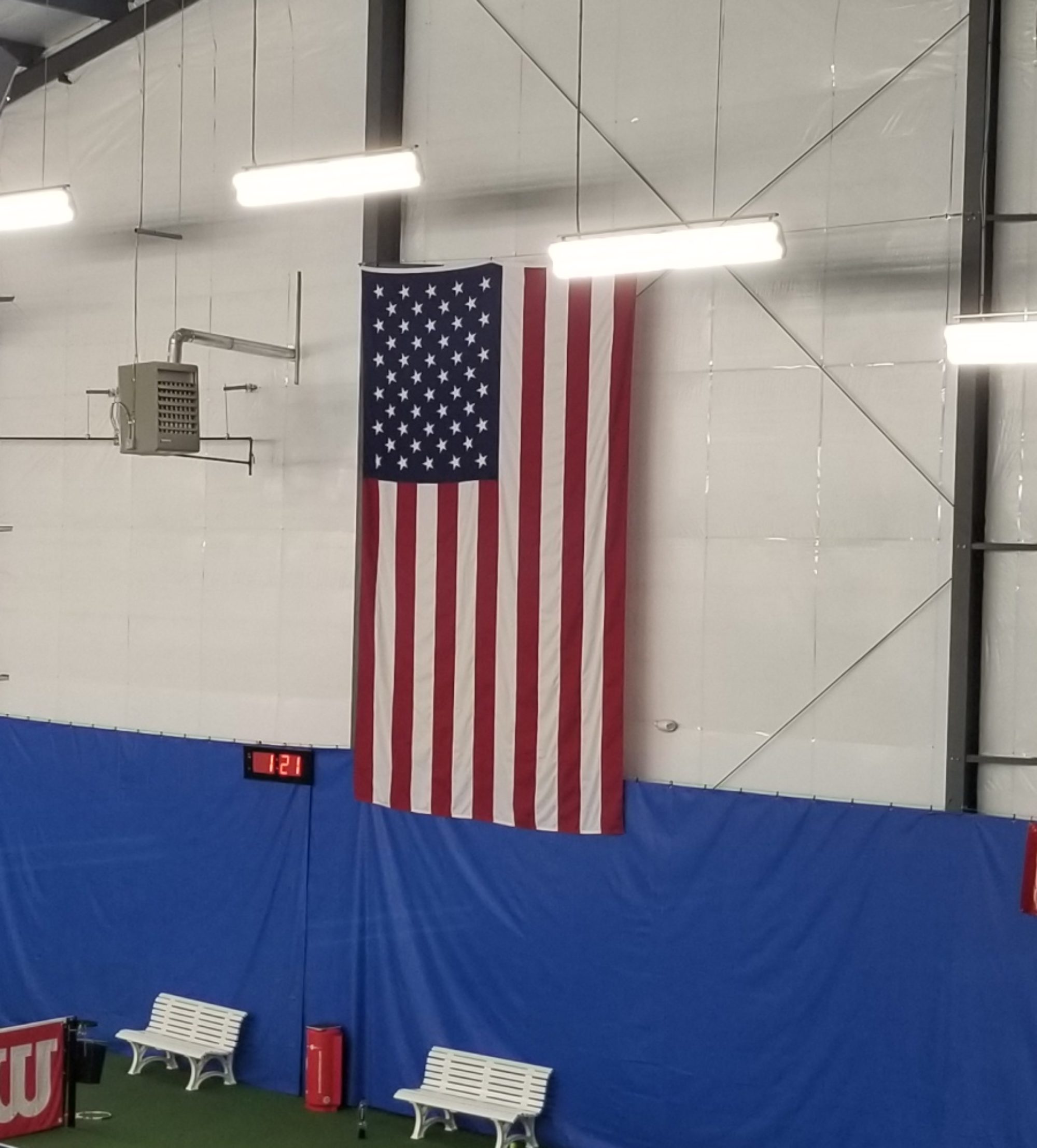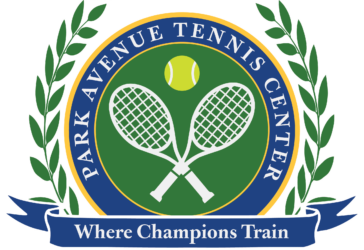A Cart, a Horse and a Tennis Misconception
TOM’S ONLINE TENNIS LESSON -
A Cart, a Horse and a Tennis Misconception
To play with more ease in your matches, two forms of tennis knowledge must be kept in harmony. The first form, verbal knowledge, consists of all the tips your mind learns intellectually, like stroke technique, shot selection, or tennis strategy. The second form of knowledge is the physical, which is the sum total of what you have learned for your body to perform strokes freely and instinctively.
Confusion often follows when there is an imbalance between verbal knowledge and physical knowledge. In most situations, the imbalance occurs when verbal knowledge gathered in the mind drastically exceeds physical knowledge. Why would this happen more often? Because physical knowledge is a unique 'feel' developed through unconscious learning – an education that takes place during many hours of intense repetition practice. It takes months and even years to acquire and understand the physical side of tennis. Verbal knowledge, on the other hand, is merely intellectual and can be understood immediately. And therein lies the problem.
Though you may enjoy the myriad of technical tips, strategies and tactics you receive from books, videos, or personal coaches, you must admit one thing: they all require a certain level of physical capability if you want to execute them properly. The problem is, the physical games of most players do not come close to being able to assimilate and perform these techniques. Thus there is an ongoing imbalance. As a result, players become frustrated and disoriented in their matches. Some players even begin thinking they are not smart enough for tennis or they just do not have what it takes. This is wrong!
If you bring your physical game to a high enough level, you will gain the capacity to apply any necessary verbal knowledge. At this level of physical competency, you will have achieved a high measure of control over your shots. Even better, by the time your game reaches this point, you may not even need to be told what to do! Simple strategies will become crystal clear in your mind, and you will perform them instinctively.
How refreshing is that? When your physical game is reliable and strong, your racing mind can actually relax in your matches. As the famed coach Robert Lansdorf quipped, "Tactics and strategy? If you've got the guns, you've got no need for guile."
This is not to say that learning a few strategies, shot selection tips or simple instructions is bad. However, if you do not have the physical game to apply them properly, they should probably be kept to a bare minimum. What good are complicated techniques and tactics if they are tumbling uselessly in your brain, cluttering up the place? This is unfortunately where most players find themselves: tons of knowledge and instruction that they cannot apply stuffed into an already cluttered mind, causing frustration and confusion on and off the court.
Let's take for instance some doubles strategy. I have watched club players who knew their share of doubles strategy lose a match. Immediately afterward they dashed off to talk to their coach, hoping to get new strategies to fix their problems. The million dollar question is, were there any major strategic problems in their play that cost them the match? Nope! What I witnessed was a host of physical problems: missed returns of serve, a number of high short volleys pummeled into the back fence and a poor percentage of first serves in play. Yet the players wanted more strategy! Why would this doubles team seek more strategy after losing a match when what they clearly needed was more intense, structured, physical practice?
This leads me to the reversal of philosophy that plagues the tennis industry. Although the scenario I have just described appears innocent, within it lies a deep misunderstanding. That misunderstanding is rooted in the verbal command tradition of learning tennis. Instruction is given, the words are assimilated and now the player's physical game will supposedly develop. According to common reasoning, it is the knowledge of strategy, shot selection, ball placement and mechanical techniques that will make a player's physical game come alive.
Many players unknowingly and unconsciously attach verbal commands to the development of their physical game. The tennis industry has led them to believe that verbal instruction equals improving one's game, even if the core physical skills of timing, balance and ball judgment are lacking.
Reality is the other way around. Strategy, shot selection, ball placement and mechanical techniques do not develop a player's physical game. The physical game, honed by intense repetition practice, develops a player's ability to apply tactics, strategy and mechanical techniques.
Once the priority is properly reversed, some well-placed verbal instruction at the right moment, in the right situation does have meaning and application. Verbal knowledge and physical knowledge are brought into harmony, and their compatibility guides the learning process with laser precision. Other than that, as the cliché goes, you have the cart before the horse!
Pushing the cart all over the place as you are learning can be extremely exhausting. Why do it?
Did you know that the verbal instruction you are being taught originated with the physical games of top pros? That's right! The observable aspects of their physical games, such as stroke mechanics and court movement, were analyzed and organized into verbal instruction that you now are supposed to copy. The only problem is, their physical knowledge came first, after years of massive and intense physical practice, then at a certain point their mechanics and strategy began to develop. They had the horse pulling the cart. But now you are supposed to reverse this process, put the cart before the horse and struggle as you push the cart loaded with tons of verbal instruction into a successful game. My suggestion is... don't do it. Let the horse pull the load!
Your tennis pro,
Tom Veneziano

